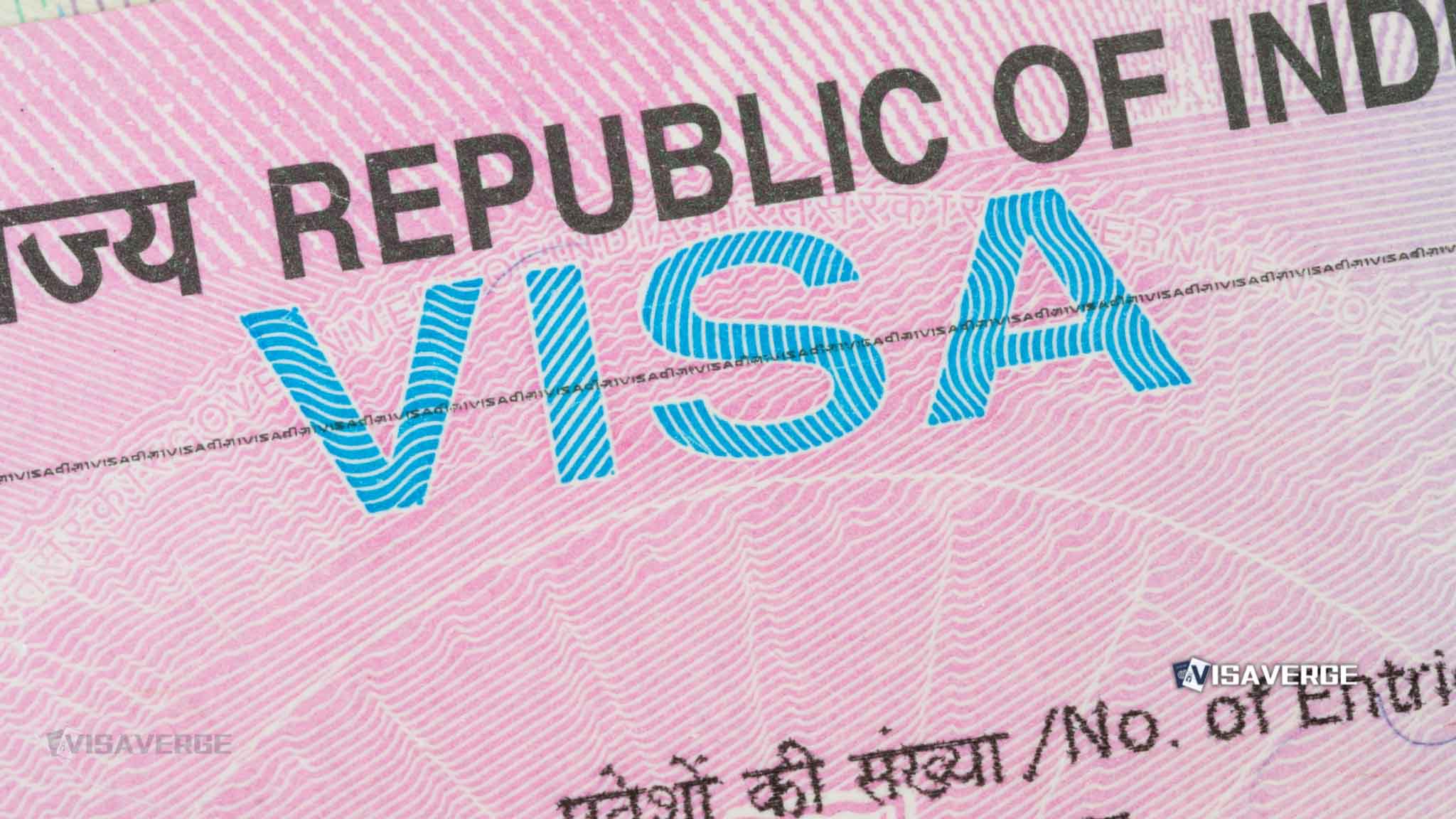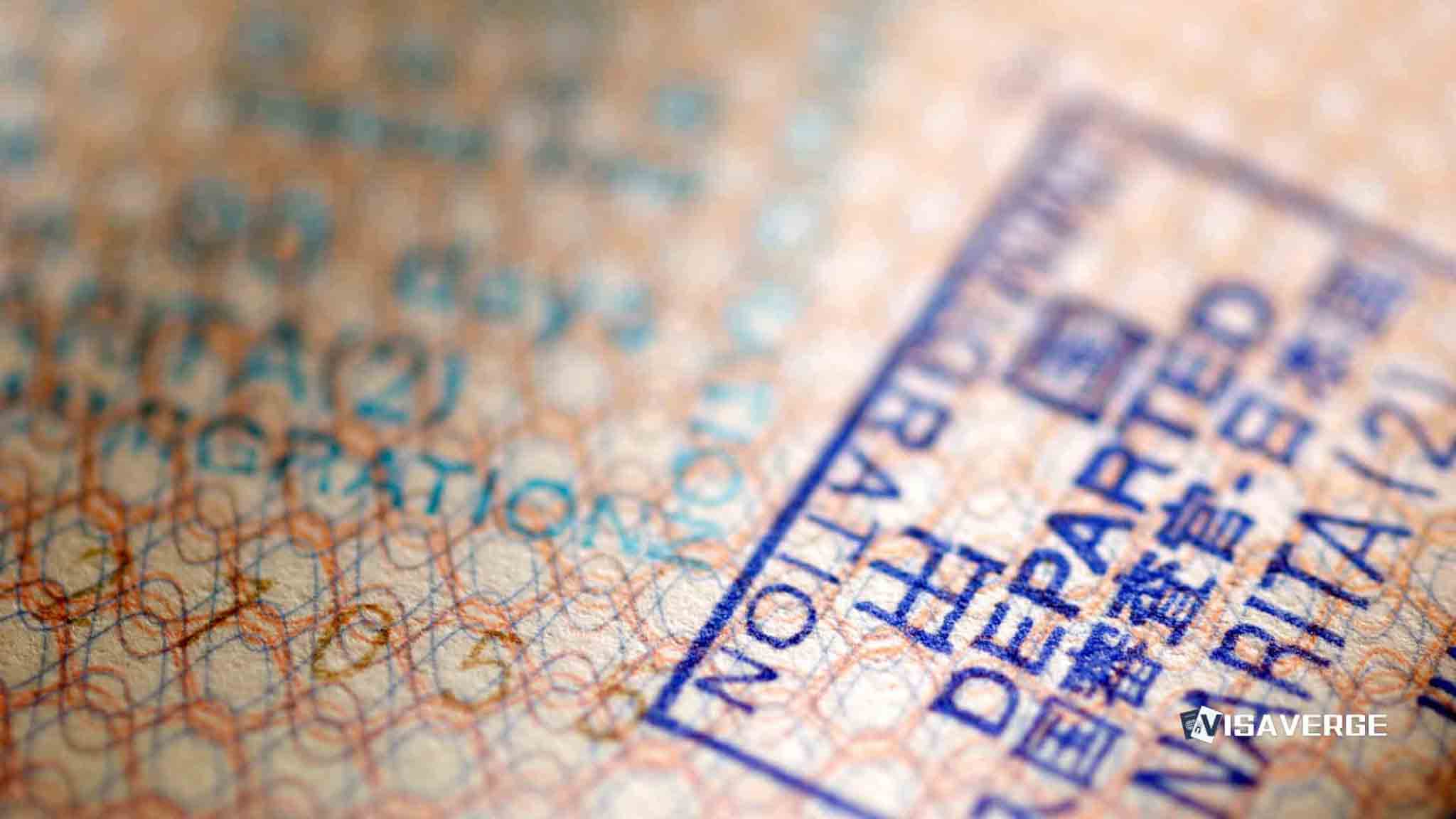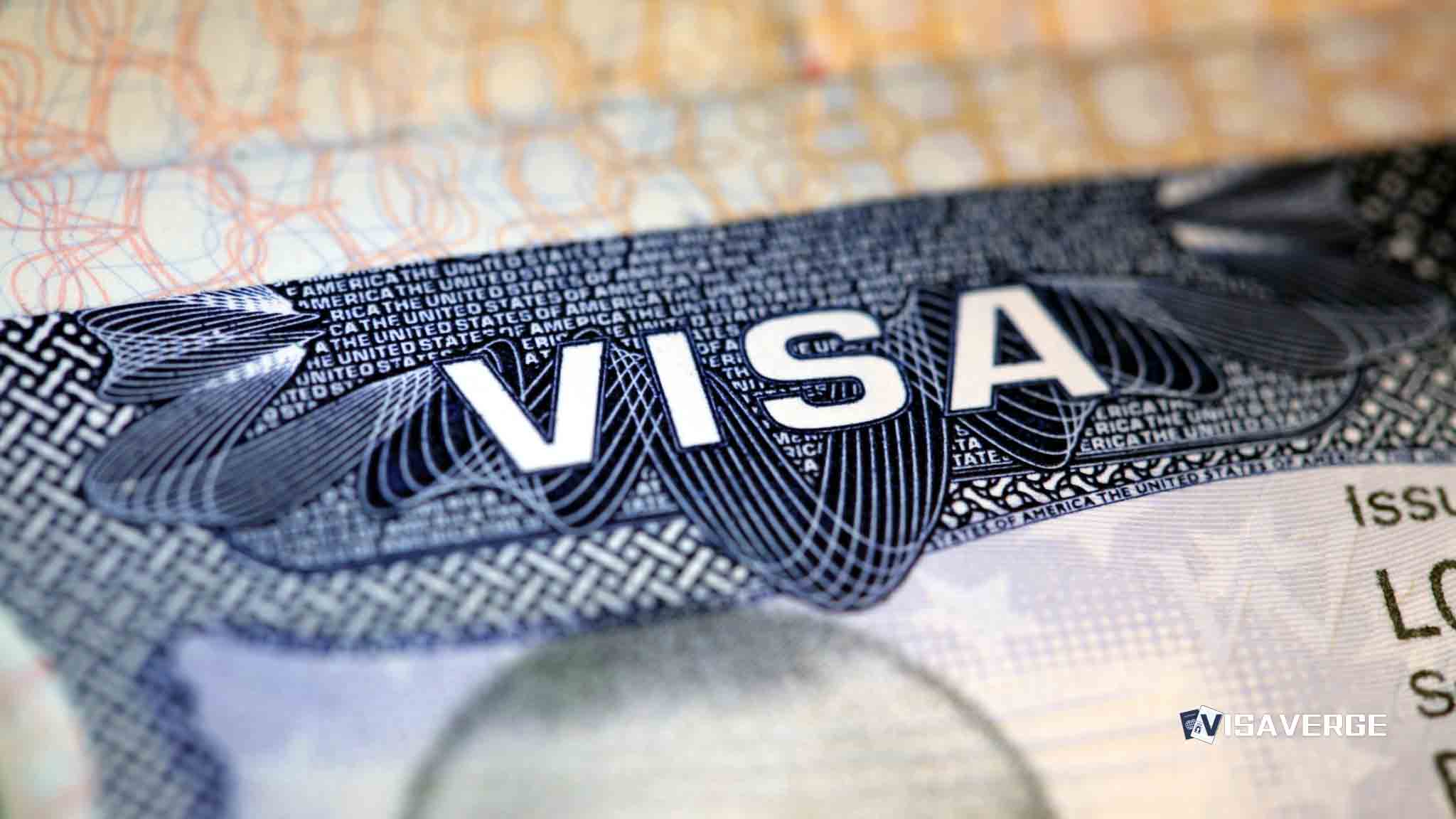Key Takeaways
• Remittance tax of 1% applies to money transfers from US after December 31, 2025.
• Bank-to-bank transfers are exempt; non-bank transfers like cash or services face tax.
• Tax impacts H-1B workers and families; financial institutions collect tax, verify citizenship.
As of July 2025, the United States 🇺🇸 is preparing for a major change in how money sent abroad is taxed, thanks to the One Big Beautiful Bill Act (OBBB). This new law introduces a remittance tax on certain cross-border money transfers, affecting many people—including H-1B workers and their families—who regularly send funds to loved ones or dependents in other countries. The remittance tax, set to take effect for transfers after December 31, 2025, has sparked questions and concerns among immigrants, financial institutions, and advocacy groups. Here’s what you need to know about how the remittance tax works, who it affects, and what steps you should take to prepare.
What Is the Remittance Tax Under the One Big Beautiful Bill Act?

The remittance tax is a new excise tax—meaning a tax on a specific activity—applied to certain money transfers from the United States 🇺🇸 to people in other countries. The tax was first proposed at a rate of 5%, then lowered to 3.5% in the House of Representatives, and finally settled at 1% in the Senate version of the bill. The tax applies to remittance transfers sent after December 31, 2025.
Key facts about the remittance tax:
– Tax rate: 1% of the amount sent (for transfers after December 31, 2025)
– Who pays: The sender of the money, not the recipient
– Who is affected: Both U.S. citizens and non-citizens, including H-1B workers and their dependents
– Minimum amount: Applies to transfers over $15
– How it’s collected: Financial institutions must deduct the tax automatically unless the sender proves U.S. citizenship
The main goal of this tax is to help reduce the federal deficit and to make sure that non-commercial money transfers—especially those involving non-U.S. nationals—are taxed fairly.
How Does the Remittance Tax Affect H-1B Dependents and Their Families?
Many H-1B visa holders in the United States 🇺🇸 send money to family members or dependents living abroad. These transfers often help pay for living expenses, education, or medical care. The new remittance tax has raised important questions for these families, especially about whether money sent to H-1B dependents’ foreign bank accounts will be taxed.
Are Transfers to H-1B Dependents’ Foreign Bank Accounts Taxed?
The answer depends on how the money is sent:
- Bank-to-bank transfers: If you send money directly from your U.S. bank account to a foreign bank account, the Senate version of the OBBB includes an exemption. This means the remittance tax does not apply to these transfers, as long as the funds are withdrawn from an account held at a financial institution.
- Non-bank or informal transfers: If you use money transfer services, cash transfers, or other non-bank methods, the remittance tax does apply at the 1% rate. These are the types of transfers the law is mainly targeting.
- No special exemption for H-1B status: The law does not specifically exclude H-1B visa holders or their dependents from the tax. The rules apply based on the method of transfer, not the visa status of the sender or recipient.
So, if you are an H-1B worker or have H-1B dependents abroad, you should check how you are sending money. Using direct bank-to-bank transfers may help you avoid the tax, while using other methods could mean paying the 1% excise tax.
What Transfers Are Exempt from the Remittance Tax?
The Senate version of the OBBB created some important exemptions to reduce the impact on ordinary families and workers:
- Bank account withdrawals: Transfers where the funds are withdrawn from a U.S. bank account and sent directly to a foreign bank account are generally exempt from the tax.
- Small transfers: Transfers of $15 or less are not taxed.
- Commercial transfers: The tax does not apply to business or commercial payments—only to personal remittances.
However, financial institutions must verify the sender’s citizenship status. If you are a U.S. citizen and can prove it, you may be exempt from the tax. If you are not a U.S. citizen, or if you cannot prove your status right away, the tax may be deducted automatically.
How Will Financial Institutions Handle the Remittance Tax?
Banks and money transfer companies will play a big role in collecting the remittance tax. Here’s what you can expect:
- Automatic deduction: When you send money abroad, the financial institution will automatically deduct the 1% tax from the amount sent, unless you prove you are a U.S. citizen.
- Citizenship verification: You may be asked to provide documents to prove your citizenship or residency status. If you cannot do this at the time of transfer, the tax will be deducted, but you may be able to claim a refund later.
- Reporting to the government: Financial institutions must report remittance transactions to the U.S. Treasury, increasing oversight and compliance requirements.
This process could mean more paperwork and delays for people sending money abroad, especially for those who need to prove their citizenship or claim a refund.
What Should H-1B Workers and Their Families Do Now?
If you are an H-1B worker or have H-1B dependents, it’s important to plan ahead for the new remittance tax. Here are some steps you can take:
- Review your transfer methods: If you regularly send money to family or dependents abroad, check whether you are using direct bank-to-bank transfers or other methods. Switching to bank-to-bank transfers may help you avoid the tax.
- Prepare documentation: Be ready to provide proof of your citizenship or residency status if asked by your bank or money transfer provider.
- Keep records: Save receipts and transaction records for all transfers, in case you need to claim a refund or prove your status later.
- Monitor updates: The IRS and U.S. Treasury will issue final rules and guidance on how the tax will work in practice. Stay informed by checking official sources, such as the IRS website.
What Are the Main Concerns About the Remittance Tax?
The remittance tax under the One Big Beautiful Bill Act has sparked debate and concern among many groups:
- Compliance burden: Banks and money transfer companies must become qualified remittance transfer providers (RTPs) and set up systems to collect the tax, verify citizenship, and handle refunds. This could mean higher costs and more paperwork for everyone involved.
- Impact on families: Many immigrants and foreign workers send money home to support loved ones. Even a 1% tax can add up over time, reducing the amount families receive.
- Unintended consequences: Some experts worry that the tax could push people to use informal or unregulated channels to send money, making it harder to track and regulate transfers.
- Advocacy group concerns: Groups representing Americans abroad and immigrant families have pushed for more exemptions and lower rates. They succeeded in getting the rate reduced to 1% and winning the bank transfer exemption, but they still worry about the impact on ordinary people.
According to analysis by VisaVerge.com, the remittance tax’s final impact will depend on how the IRS and Treasury write the rules and how financial institutions put them into practice.
How Did the Remittance Tax Become Law?
The remittance tax is part of the larger One Big Beautiful Bill Act, a major piece of legislation aimed at reducing the federal deficit and reforming the tax system. The idea was to target non-commercial money transfers, especially those involving non-U.S. nationals, as a way to raise revenue.
The tax went through several changes during negotiations:
– Initial proposal: 5% tax rate, broad application
– House version: Reduced to 3.5%, some exemptions added
– Senate version: Reduced to 1%, key exemption for bank-to-bank transfers
These changes reflect concerns from lawmakers, advocacy groups, and financial institutions about the tax’s impact and how hard it would be to enforce.
The OBBB passed both the House and Senate in early July 2025 and is now awaiting the President’s signature. Final rules and guidance from the IRS and Treasury are expected by late 2025 or early 2026.
What Happens Next? Future Developments and Guidance
The remittance tax is set to take effect for transfers sent after December 31, 2025. However, many details are still being worked out. The IRS and U.S. Treasury will issue final regulations that will clarify:
- What counts as a remittance transfer: The exact definition may affect which transfers are taxed.
- How citizenship verification will work: What documents are needed, and how refunds will be handled.
- How financial institutions must comply: What systems and reporting are required.
- How disputes and refunds will be managed: What to do if you are taxed by mistake or need to claim a refund.
Stakeholders—including banks, tax professionals, and advocacy groups—are working with policymakers to make sure the rules are clear and fair.
Practical Scenarios: How the Remittance Tax Might Affect You
Let’s look at some examples to see how the remittance tax could work in real life:
Scenario 1: H-1B worker sends money to a dependent’s foreign bank account
– If the worker uses a direct bank-to-bank transfer, the tax does not apply.
– If the worker uses a money transfer service (like Western Union), the 1% tax is deducted.
Scenario 2: U.S. citizen sends money to a family member abroad
– If the citizen can prove their status, the tax is not deducted.
– If they cannot prove it right away, the tax is deducted, but they can claim a refund later.
Scenario 3: H-1B dependent in the U.S. receives money from a relative
– The tax applies only to the sender, not the recipient. The dependent receives the amount after the tax is deducted, if it applies.
These examples show why it’s important to understand the rules and choose the right transfer method.
Where to Get More Information and Help
If you have questions about how the remittance tax under the One Big Beautiful Bill Act will affect you, there are several places to turn:
- Official government sources: The IRS website will post updates and official guidance as they become available.
- Legal and tax professionals: For detailed advice, you can contact Government Relations Principal Edward Hild ([email protected]) or Tax Counsel Sahel A. Assar ([email protected]).
- Advocacy groups: Organizations that support immigrants and Americans abroad are monitoring the situation and may offer resources or guidance.
Key Takeaways and Next Steps
- The remittance tax under the One Big Beautiful Bill Act applies to certain money transfers from the United States 🇺🇸 to foreign recipients, including H-1B dependents, unless the transfer qualifies for the bank-to-bank exemption.
- The tax rate is 1% for transfers after December 31, 2025.
- Bank-to-bank transfers are generally exempt, but non-bank transfers are taxed.
- Financial institutions will handle tax collection, verification, and reporting.
- Final rules and guidance are coming soon—stay informed and prepare your documents.
By understanding these rules and planning ahead, H-1B workers, their families, and anyone sending money abroad can avoid surprises and make sure their transfers are handled correctly. For the latest updates, always check official sources and consult with trusted professionals.
Learn Today
One Big Beautiful Bill Act → A 2025 US law introducing a remittance tax on certain cross-border money transfers.
Remittance Tax → A 1% excise tax on certain money transfers sent from the US abroad after 2025.
H-1B Visa → A US visa for skilled foreign workers and their dependents.
Bank-to-bank transfer → A direct fund transfer between accounts at financial institutions, exempted from this tax.
Financial Institution → Banks or companies that process money transfers and collect the remittance tax.
This Article in a Nutshell
Starting after December 31, 2025, a 1% remittance tax applies to certain US money transfers abroad. H-1B workers and families sending funds should use bank-to-bank transfers to avoid tax. Financial institutions will automatically deduct it and require citizenship proof, changing how immigrants send money internationally.
— By VisaVerge.com








